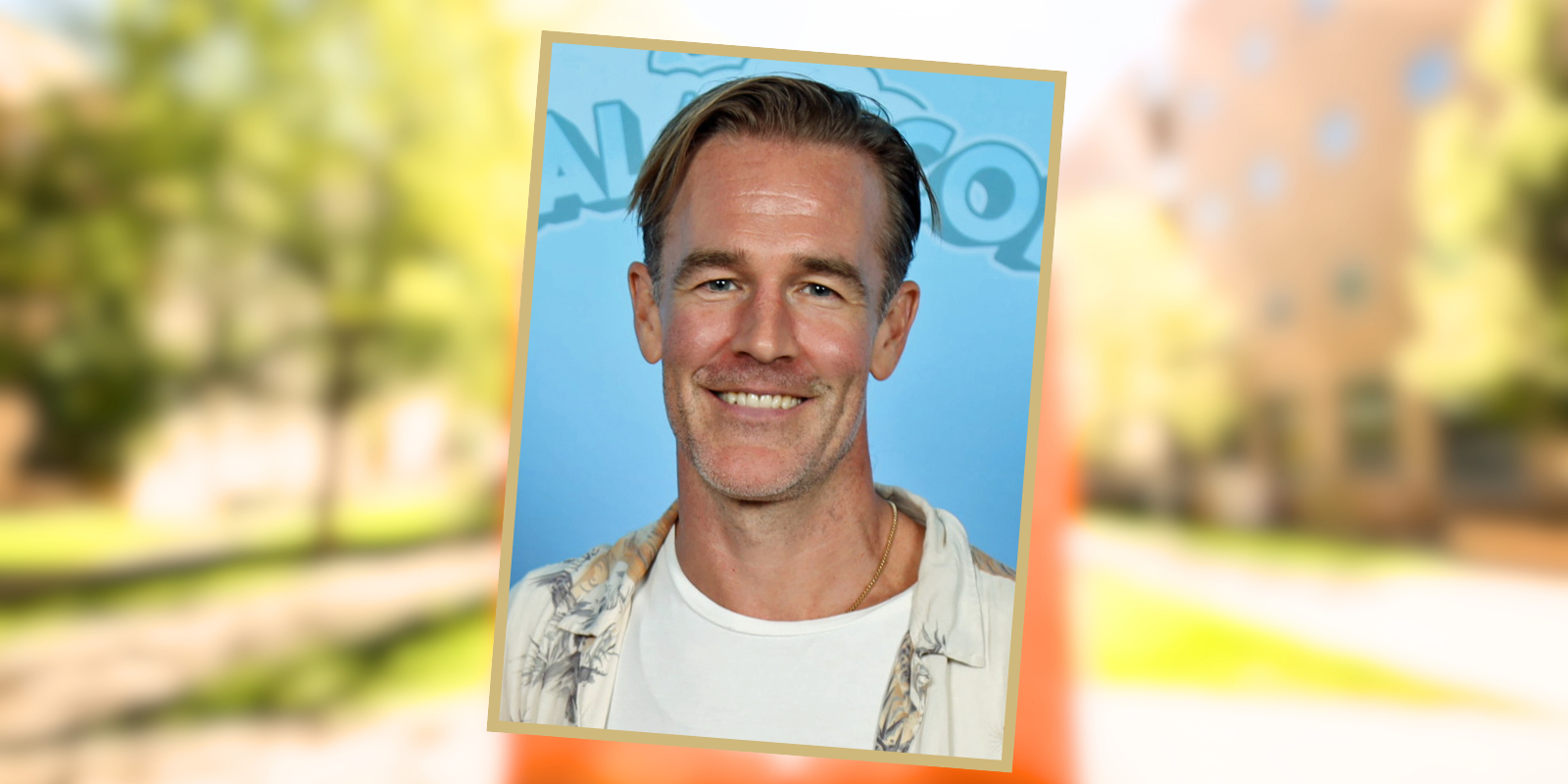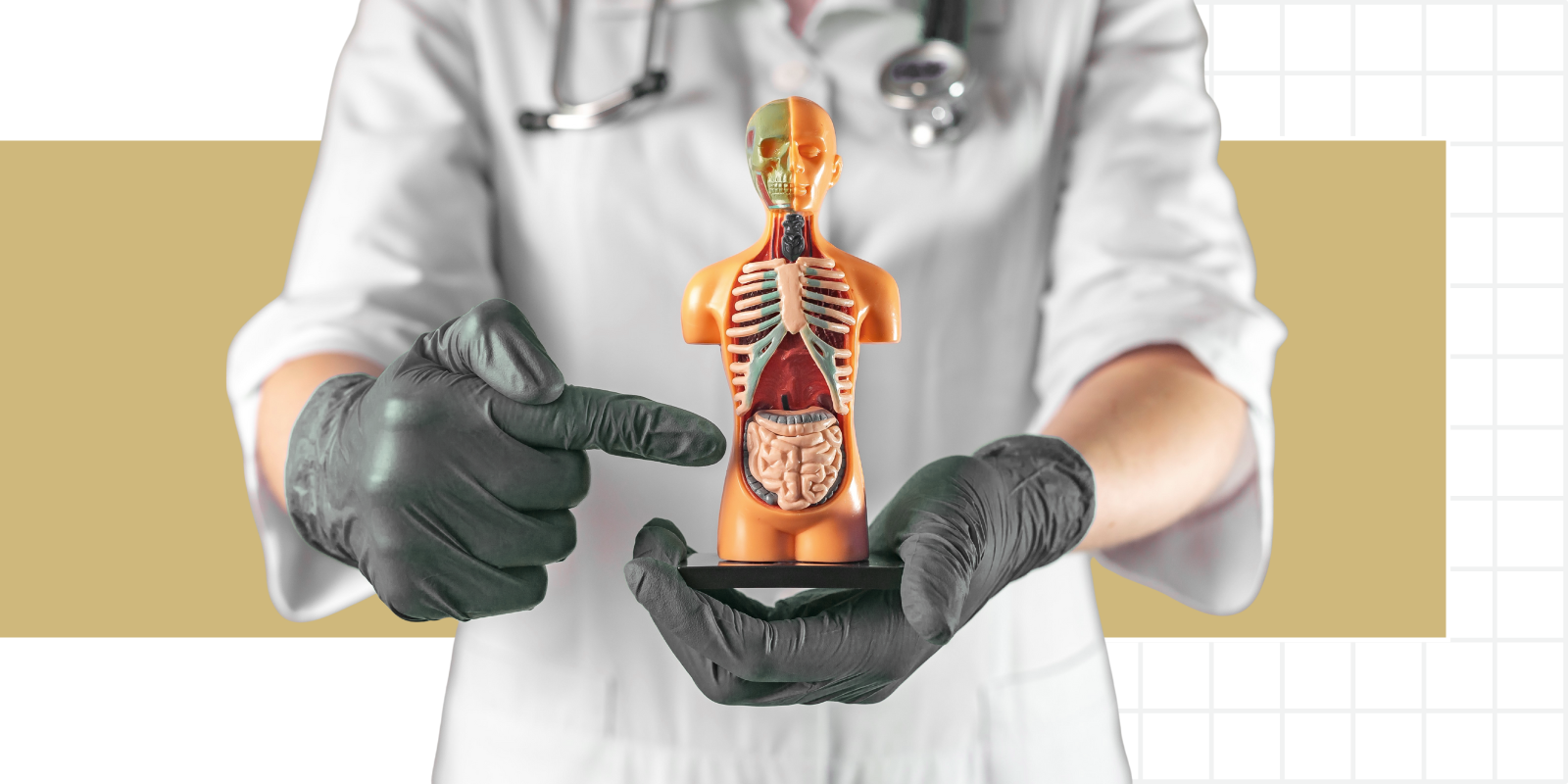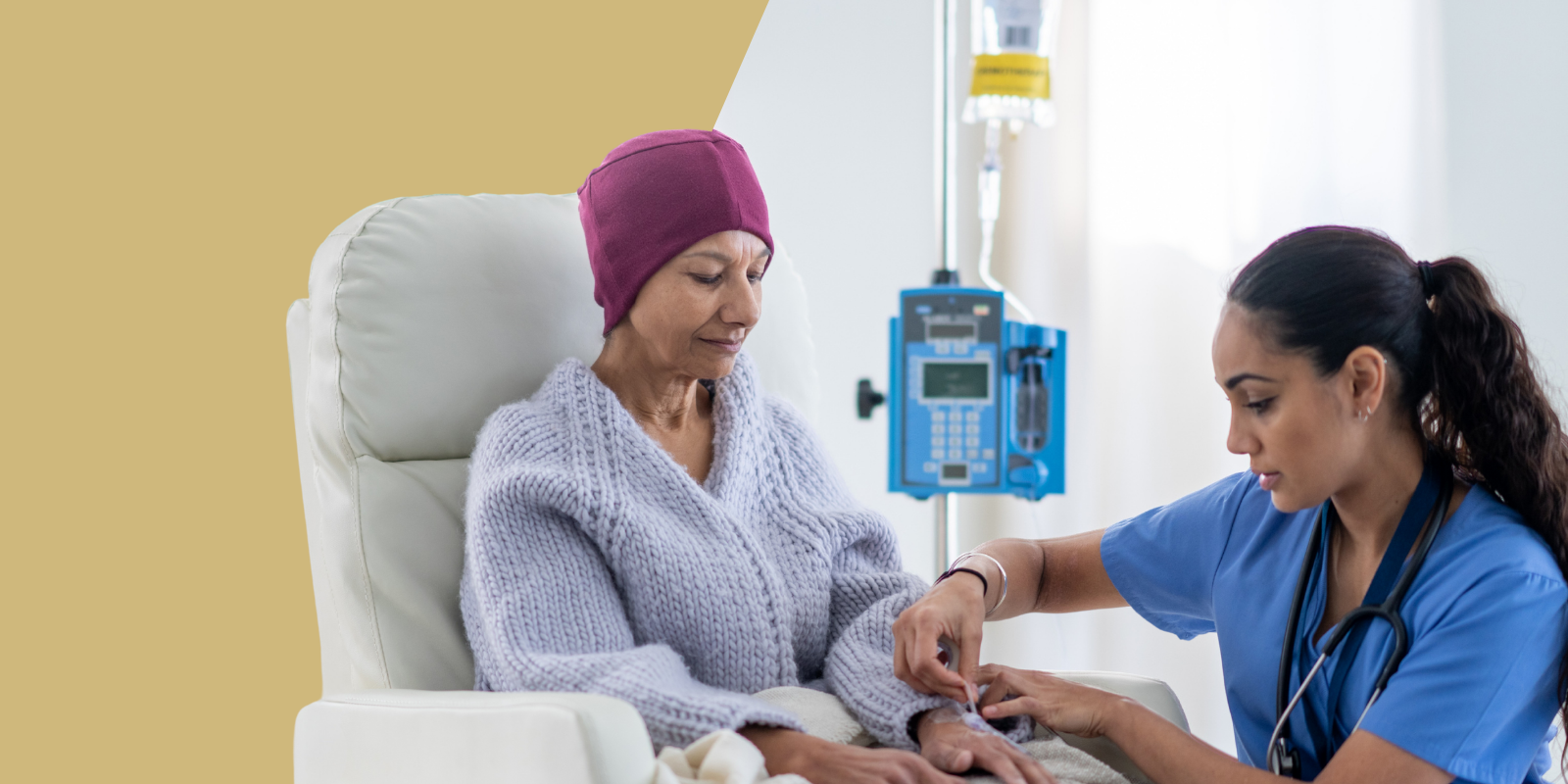Bringing with him more than 20 years of experience in gene therapy and personalized medicine, Hatim Sabaawy, MD, PhD, will step into the role of associate director of translational research at the University of Colorado Cancer Center on July 1. In his new role, Sabaawy will be responsible for fostering translational research activities across the academic and clinical partner institutions of the CU Cancer Center, including Children’s Hospital Colorado and UCHealth. He also will be a visiting professor and director of personalized medicine in the Division of Medical Oncology in the CU School of Medicine, where he will hold the Stapp Endowed Chair.
Sabaawy comes to CU from Rutgers University in New Jersey, where he most recently served as associate professor of medicine and pathology and laboratory medicine at the Robert Wood Johnson Medical School (RWJMS) and associate professor of cellular and molecular pharmacology at the Rutgers Graduate School of Biomedical Sciences. He also was director of the Cell and Gene Therapy Good Manufacturing Practice Facility at RWJMS, a member of the executive committee of the Stem Cell Institute of New Jersey, and a principal investigator at the Rutgers-affiliated Cancer Institute of New Jersey’s Clinical Investigations and Precision Therapeutics program.
“As associate director for translation research, I feel my mission is to connect people,” Sabaawy says. “There is really amazing clinical research that’s already happening at the CU Cancer Center, and my job will be to connect the dots and connect people together, enhancing the sense of teamwork and enabling translation from bench to bedside, and even the reverse of that.”
Personal mission
Sabaawy has long been interested in precision medicine for cancer. His research at the Cancer Institute of New Jersey focused on translational studies of normal hematopoietic and tissue stem cells and tumor stem cell development. The studies, which received funding from the National Institutes of Health and the Department of Defense, aimed to identify stem cell targets, genetic modifiers, and small molecule inhibitors that would ultimately improve cancer patients’ survival.
“The era of precision medicine, or personalized medicine, started with the mapping of the human genome and is now fulfilled with multiomics,” he says. “Now we can design therapies that target each individual cellular vulnerability, not just for cancer, but also for other diseases. I think that’s the future of medicine.
“I’m really proud to be part of the Colorado team,” he continues. “Hopefully we can lead the nation on implementing new personalized therapies for those who are in need. My mission is to be able to bring these new therapies to patients, so that’s what I like to focus on.”
Part of the team
Among the factors that drew him to the CU Cancer Center, Sabaawy says, are the high score the institution attained during its recent National Cancer Institute renewal; its focus on artificial intelligence as it relates to health; and the sense of teamwork that already exists among researchers at the center.
“After meeting with Dean Reilly and seeing how he envisions the development of the medical enterprise through all the different hospitals, and how we can connect it both to science and education — that is something that was very attractive to me,” he says. “I also met with all of the associate directors at the cancer center, and I was really inspired by the way they are running the center as a team.”
Sabaawy conducted his medical residency and graduate training at Cairo University Hospitals in Cairo, Egypt, and New York Medical College in Valhalla, NY in clinical Hematology with PhD in Genetic Pharmacology from the Gene Therapy program at New York Medical College. Sabaawy went on to complete a fellowship at the Transplantation and Immunology Branch of the Center for Cancer Research at the National Institutes of Health and the National Cancer Institute in Bethesda, Maryland.



